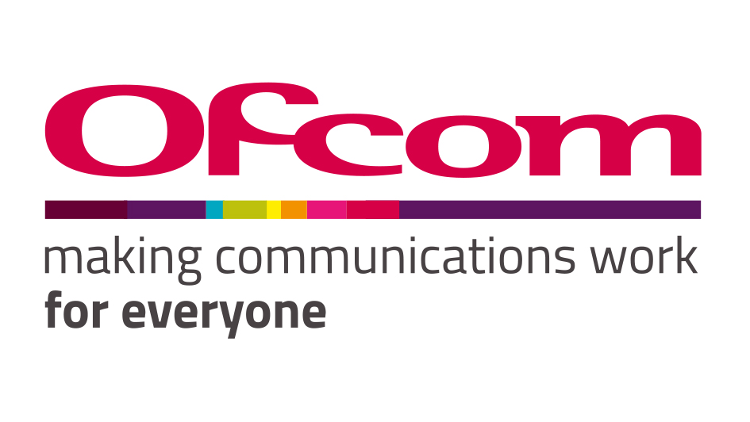by Roger Darlington (for BECTU‘s Journal ‘Stage Screen and Radio’)
Something really interesting happened towards the end of the Parliamentary passage of what is now the Communications Act 2003 [click here] that merged five regulators into a new Office of Communications or Ofcom. The House of Lords successfully forced an amendment to broaden Ofcom’s duties.
The original Bill had simply proposed that Ofcom – like many other economic regulators – have a duty “to further the interests of consumers in relevant markets, where appropriate by promoting competition”. The noble Lords added a further duty: “to further the interests of citizens in relation to communications matters” [click here].
Ofcom had opposed the amendment and when it was carried sought to accommodate the change by simply referring in its documents to “the consumer-citizen”. Critics rightly argued that use of a hyphen was not good enough and that Ofcom needed to recognise that the consumer interest and the citizen interest, while often overlapping, are not the same.
So what is the difference?
We can define consumers as people who pay for a particular product or service and usually have a contractual relationship with the provider of that product or service. For instance, you buy or rent a mobile phone and subscribe to a mobile network.
Citizens are those who might well be impacted by a decision of a player in the marketplace, whether or not they actually buy that provider’s product or service. For example, you care for the sake of a mature democracy whether the BBC provides an impartial news service whether or not you have a television and whether or not you actually watch the BBC.
It is often easier to identify the consumer interest because we have market data on what consumers are buying and, in a competitive marketplace, they can signal their preferences by switching to another provider.
The citizen interest can sometimes be harder to determine. We know that viewers want fair and comprehensive news coverage with a range of other programming like drama and children’s programmes and they want all nations and regions to be catered for, but what should be the balance of scarce resources between these programmes and localities?
Sometimes there is both a consumer and a citizen interest and they do not always coincide. So, as a consumer you may want the best possible coverage for your mobile network but, as a citizen, you may object to a local mast because it is unsightly.
Or take an issue that might seem obscure but is so important: the allocation of spectrum. As a consumer, you might want to see more spectrum (for instance the 700 MHz band) made available for faster mobile services but, as a citizen you might be concerned at how Freeview – which currently broadcasts in that band – is going to manage with less spectrum.
The truth is that often in regulation there is both a consumer and a citizen interest and it is important that the regulator identifies and weighs both and that trade-offs between the two are made explicit, explained and justified.
How do consumer and citizen groups make their views known to Ofcom? The regulator consults often and widely, but many consumer and citizen groups simply do not have the resources to digest long and complex consultation documents and then make written submissions.
On Ofcom’s behalf, I chair a body called the Consumer Forum for Communications [click here] which brings together a wide range of consumer, citizen and campaign groups – including trade unions – with an interest in Ofcom’s agenda. We meet regularly with relevant Ofcom officials.
Some of our members, like the Voice of the Listener & the Viewer, are understandably keen that we monitor Ofcom’s new responsibilities for the BBC so that the citizen interest is heard as well as the consumer interest.

Leave a Reply